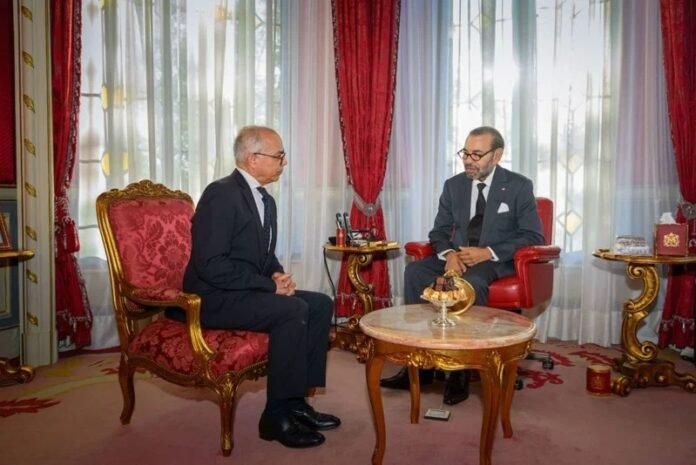As part of the recent appointments made by King Mohammed VI, Chakib Benmoussa, Minister of National Education, Early Childhood Education, and Sports, has been appointed as the High Commissioner for Planning, succeeding Ahmed Lahlimi Alami.
This appointment comes in an administrative and political context marked by numerous challenges, raising the question of whether this decision reflects a genuine change in governmental strategy or simply a reshuffling of the cards.
Previous Performance and Evaluation Criteria
Although Chakib Benmoussa has held significant responsibilities, the performance in the education and sports sectors during his leadership did not meet expectations. These sectors faced numerous challenges, such as poor educational outcomes and delays in developing sports programs.
Does his appointment to a new position reflect a positive assessment of his performance, or are there other considerations influencing this decision?
Questions Surrounding Appointments
The process of appointing individuals to high-ranking positions often raises questions about the balance between competence and party loyalty.
While the modern world demands leaders capable of adapting to new challenges, to what extent will Benmoussa be able to meet the requirements of his new role, given the criticisms he faced in his ministry?
Impact on Strategic Planning
It is important to consider the impact of these appointments on strategic planning in Morocco. Success in this area requires attracting talents capable of making a difference. Will the reliance on figures with partisan backgrounds continue, potentially hindering innovation and deepening citizens’ frustration?
Conclusion
Chakib Benmoussa’s appointment as High Commissioner for Planning presents significant challenges concerning the criteria of competence and loyalty.
It is crucial to revisit the appointment mechanisms to ensure a balance between qualifications and partisan considerations, in order to achieve effective administrative performance that meets the current needs.
Success in this field will depend on Morocco’s ability to overcome the obstacles related to loyalty and party orientations, and to move towards establishing an administrative system that guarantees equal opportunities and fosters progress and innovation.


